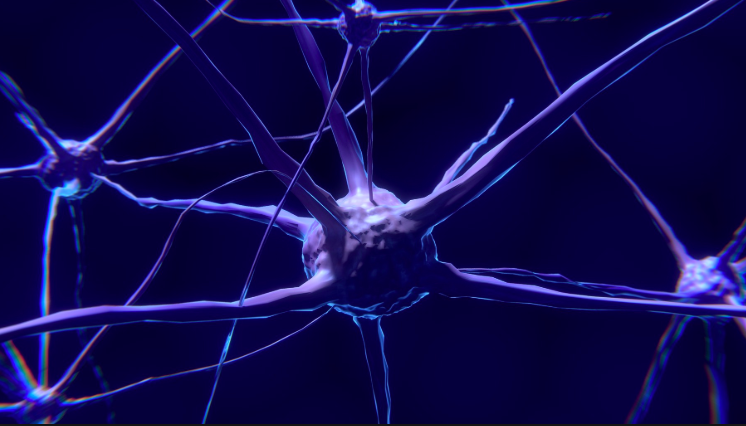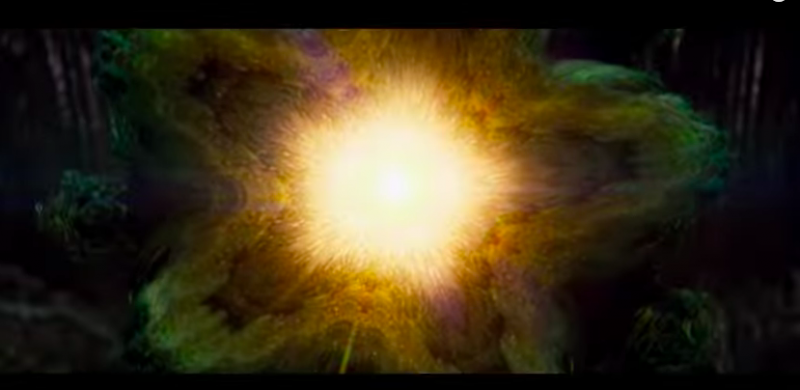 aNewDomain — David Gilmour’s brand new album, “Rattle That Lock,” has the kind of sound that’s enchanted Floyd fans for decades.
aNewDomain — David Gilmour’s brand new album, “Rattle That Lock,” has the kind of sound that’s enchanted Floyd fans for decades.
Regardless of who got what in the epic Gilmour/Waters split, and who you attribute the concept of “The Wall” to, albums like this one show neither of the now-independent musicians have a monopoly on the mumbling, echoes and wailing guitar sounds that we associate with their collective work.
But there’s also something else in “Rattle That Lock” that’s a bit, well, noir. You hear it in the stark simplicity of the lounge-style track “The Girl in the Yellow Dress,” and in the slow, sad chords of tracks like “In Any Tongue,” and in the enigmatic mix of the opening and closing instrumental tracks “Five A.M.” and “And Then…”
With that in mind, starting the lyrical portion of the album with the title track is a strange choice. As the second track on the album, “Rattle That Lock” sets the stage with a rather bright and straight-arrow approach to Floydian rock (although, contrasting the guitar solo work to classics like ‘Comfortably Numb,’ you might think the master note-bender is holding out on us just a little). From there, the tempo slows down, and the ethos veers toward the kind of thing you’d hear in a soundtrack for a mafia film.
Or at least, the mood deepens. Straightaway from the title track, you get the funhouse extravagance of “Faces of Stone” that rivals anything you might hear on a Floyd album in terms of cinematic sound support. The next track, “A Boat Lies Waiting,” recalls the sounds of past Gilmour albums such as “On an Island.” On top of Gilmour’s keyboards, guitar, vocals and piano, there’s Eira Owen on French horn, Damon Iddins playing an accordion and a “calliope keyboard,” and Phil Manzanera on a Hammond organ as well as “keyboard elements.”
A major part of this album involves Polly Samson, an English “novelist, lyricist and journalist” (per Wikipedia) whom Gilmour married in 1994 while on tour for “The Division Bell,” an album for which Samson got a number of co-writing credits for such integral tracks as “A Great Day for Freedom,” “Keep Talking” and the often covered “High Hopes.”
Samson has also written for Gilmour’s subsequent albums, and her wordsmithing shows through on much of the new release. From the beginning, the title track’s ornate imagery and literary language are puzzling, that is, until you look up the album on the Internet and find that the album is meant to be based on John Milton’s epic poem, “Paradise Lost.” You know, the one you study at university. The struggle between a defiant spirit and an omnipotent creator.
Then, it’s all a lot clearer. If you’ve studied Milton, you understand as Gilmour sings:
All the other travelers / Become phantoms to our eyes / Furies and the revelers / Fallen angels in disguise … No discord, chance or rumour is going to interrupt this place …”
You won’t find much more direct reference to Milton’s esoteric angelology as the album winds on. Much of the balance of its poetry seems to center around human relationships, as in “Faces of Stone” which seems to chronicle some sort of rooftop tryst, and “A Boat Lies Waiting” where the singer’s “I” and “You” roll around in an ocean, and on “Today,” the last of the vocal tracks, that begins this way:
If you should wake and find me gone / Keep safe this night and dwell upon …”
Of course, there’s symbolism to be found, and the literary slant to the album gives it another dimension, centers it as a kind of “concept album” which is so much a part of what has always made Pink Floyd and its individual former members so different from most of what plays on classic rock radio. There’s no schoolmaster belting out his aphorisms on “Rattle That Lock,” it’s worlds away from that — but there’s still style, weight and mystery.
For aNewDomain, I’m Justin Stolzfus.
Images courtesy Wiki Commons:
https://commons.wikimedia.org/wiki/David_Gilmour#/media/File:David_Gilmour_in_Munich_July_2006-ed-.JPGhttps://commons.wikimedia.org/wiki/David_Gilmour#/media/File:David_Gilmour_Pulse_Tour_2006.jpg












